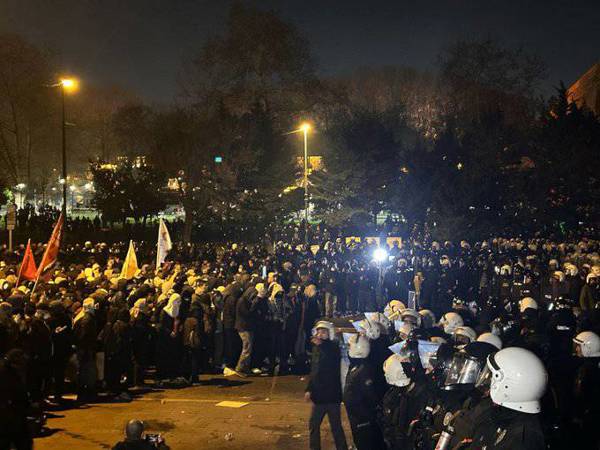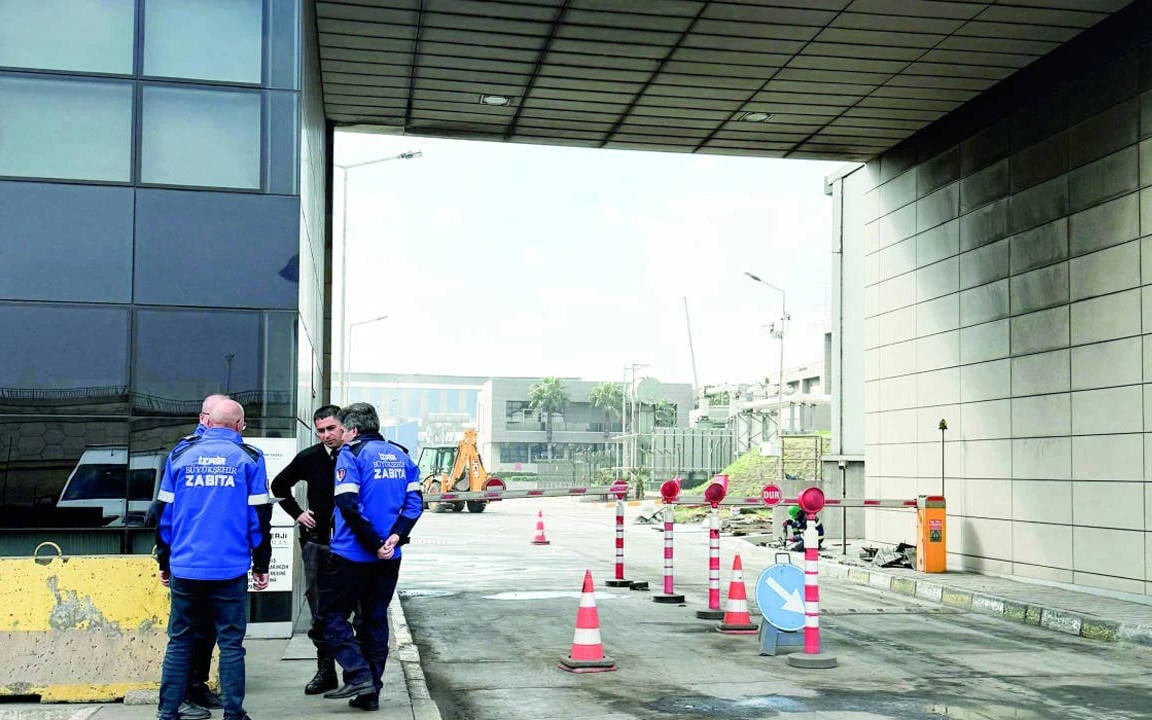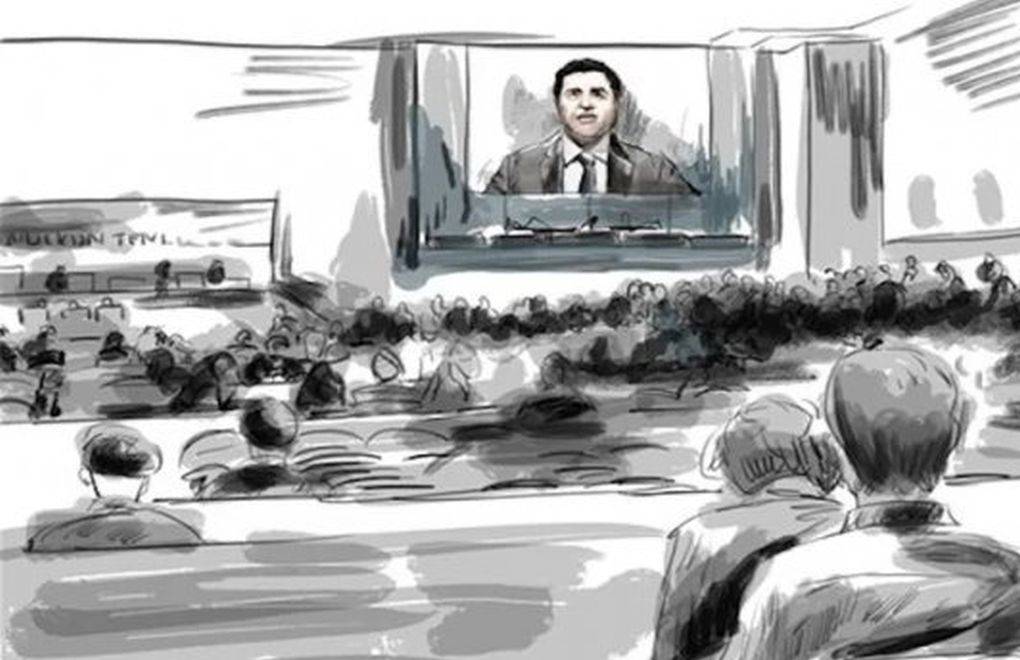Freedom of belief in Turkey: Women repressed by both secular and pious segments of society

"We are closed due to Ramadan"
Click to read the article in Turkish / Kurdish
The Norwegian Helsinki Committee and the Freedom of Belief Initiative have released the Freedom of Religion or Belief Monitoring Report in Turkey.
The report includes the legal, judicial and administrative processes concerning freedom of religion or belief in Turkey between April 2019 and December 2021.
Written by Dr. Mine Yıldırım, the report says Turkey's long-standing issues regarding the freedom of religion or belief are still awaiting solutions.
Also, she wrote, deep systemic inequalities regarding the freedom of religion or belief became more visible during the Covid-19 pandemic.
People from various religious groups, atheist and deist groups, relevant civil society organizations and rights defenders from various parts of the country were interviewed for the report.
In addition, the section titled "Women and freedom of religion or belief," which was prepared by interviewing women of various religions or beliefs, from different age groups and professions, discusses the issue through the lens of gender.
Violations against atheists
Another remarkable finding in the report is regarding the violations faced by atheists, deists and agnostics in the workplace, family and education system:
"Atheist, deist and agnostic parents and students don't have the right to be exempted from compulsory Religious Culture and Ethical Knowledge classes. Those who criticize a religion, especially Islam ... face the risk of being prosecuted under the Turkish Penal Code (TCK)."
Places of worship
Places of worship of Alevis, Jehovah's Witnesses and Protestants are still not officially recognized and the state authorities ignore ECtHR judgments about this, the report stressed.
Inequality in education and religious services
No resources allocated for the education of clerics other than Sunni Muslim ones, and relgious groups such as the Alevi community, the Rum Orthodox Patriarchate, the Armenian Patriarchate and the Protestant community cannot give education to their clerics, notes the report.
Women's double lives
Women face great obstacles when exercising their human rights, including the freedom of religion or belief, says the report.
Women continue to be vulnerable, especially at home, are oppressed by the secular and religious sections of society, and often feel obliged to live a double life, according to the report. In addition, the representation rate of women in religious institutions is extremely low.
Seized properties
The impact of the past loss of properties belonging to a wide variety of religious or belief communities was also addressed in the report. "For non-Muslim communities, the process of returning the unjustly seized community foundation property has not been completed." In addition, it was emphasized that many religious buildings are at risk of destruction. (HA/VK)
Lawyer Selçuk Kozağaçlı detained one day after release

Prosecutor seeks prison terms for journalists who covered İmamoğlu protests

Journalists' union denied visit to jailed reporter Elif Akgül

İzmir coal-fired plant continues operations despite court ruling

Executive of pro-Kurdish news agency faces trial for exposing informant’s identity





